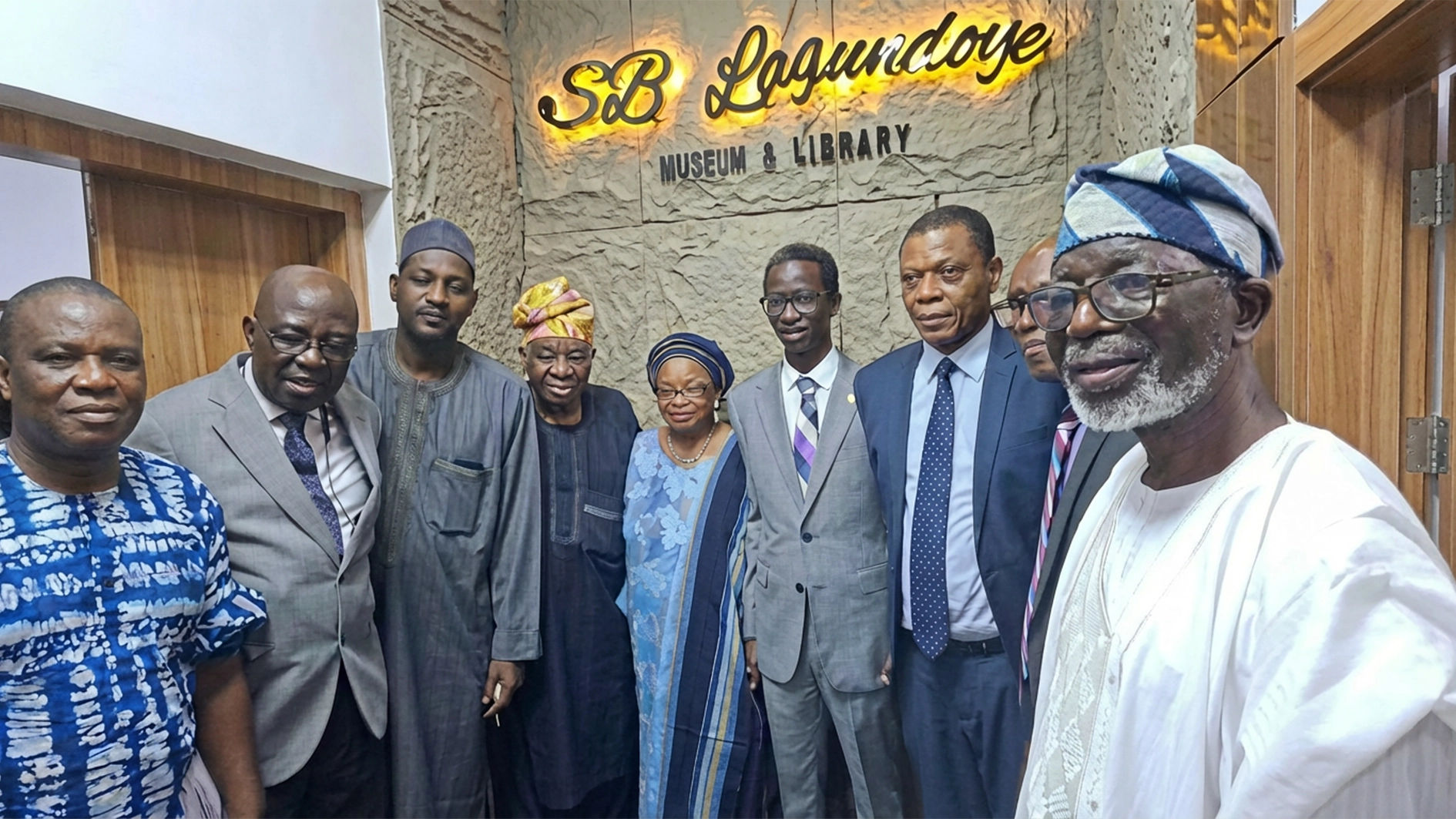
• Proposes N60m in 2025 budget
The National Library of Nigeria (NLN) has been grappling with persistent power crisis, leaving it in a state of perpetual darkness for over two years, The Guardian has learnt.
This notwithstanding, the library has incurred substantial expenses, totaling over N368 million on power and fuelling generators from 2022 to 2024.
Alarmingly, the agency is now proposing an additional N60 million for the same purpose in its 2025 budget.
This move has raised concerns about the library’s financial management, budget allocation, and sustainability of its energy solutions.
Industry stakeholders noted that the prolonged power outage and hefty expenditure on generators not only hinder the library’s ability to provide optimal services, but also underscore the need for a more efficient and cost-effective approach to addressing its energy challenges.
A review of the 2022 to 2024 Appropriation Act showed that the library allocated significant funds for electricity charges, with expenditure totaling N18 million in 2022, N16 million in 2023, and N25 million in 2024. Notably, it has proposed an even larger sum of N35 million for electricity charges in the 2025 appropriation bill.
Further investigations showed that in the 2024 budget, N260 million was earmarked for ‘alternative power supply,’ while an additional N49 million was spent on ‘plant/generator fuel cost’ between 2022 and 2024.
A breakdown of the expenditure revealed a steady increase in spending over the years, with N10 million spent in 2022, N14 million in 2023, and N25 million in 2024.
Meanwhile, visits by The Guardian to the National Library of Nigeria’s rented office on Wole Olanipekun Street, Central Business District, Abuja, revealed a stark reality. It remains shrouded in darkness for most of the day, a testament to its persistent power struggles.
It was learnt that employees were forced to rely on the torchlight of their mobile phones to illuminate their workspaces.
Some workers who shared their concerns, while pleading anonymity, revealed that the power crisis has been an ongoing issue for some years.
“It’s been a nightmare working here without reliable power. We’ve had to get creative with phone lights just to get some work done. It’s not only frustrating but also affects our productivity and morale,” a staff told our correspondent.
Another lamented, “The situation is even more dire for our computer section, where most of the systems are down due to lack of power. It’s heartbreaking to see a national institution like this struggling to provide basic services due to something as fundamental as electricity.”
Describing the situation as worrisome, an education expert, Fred Uloma said, “One would expect a national institution like NLN to have a reliable source of power, especially given its importance as a hub for knowledge and learning. Instead, it seems to be procuring ‘darkness’ at a steep price.”
The National Mobilisation Officer, Education Rights Campaign (ERC), Adaramoye Lenin, lamented that public institutions in Nigeria suffer from wasteful spending and mismanagement due to lack of transparency and democratic practices.
He, therefore, called for the provision of free and regular power supply to public institutions to help address the challenge.
“The figures are surprising and reflect a pattern of wasteful spending obtainable in many public institutions as a result of lack of transparency and democratic practice. Of course, this is not an accusation, but an indication that public institutions need transparency and democratic practice to help build people’s trust and prevent mismanagement of public funds,” Lenin said.
He lamented that privatisation of the power sector has caused more troubles for Nigerians and public education sub-sector has been the worst victim.
For public affairs analyst, Ifeanyi Nwoko, the situation mirrors the trends commonly seen in most government ministries, departments and agencies.
He observed that power supply is often exploited as a means for embezzlement in official circles.
“In most government offices, power procurement is enmeshed in fraud. Because of the epileptic power, it is difficult to quantify how many hours of power one doesn’t get and how many hours generator was on. It is one of the corruption problems we are facing. But who do you blame?”






